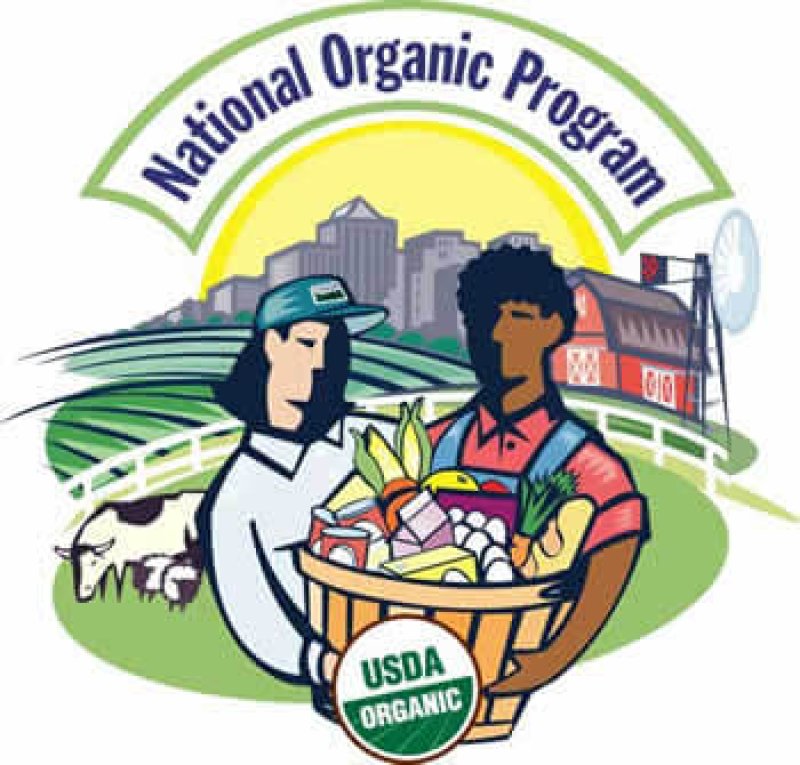Stringent regulations are crucial to maintaining consumer confidence in the organic label that the U.S. Department of Agriculture oversees, according to many producers. They also help manufacturers command premium prices. Even some traditional food giants, including Perdue Farms and General Mills, have made the case for certain new regulations.
…
Deregulation doesn’t make sense for an industry that wants it, said Laura Batcha, executive director of the Organic Trade Association. She warns of “collateral damage” to an industry that has experienced robust growth.
Over the last five years, the organic-food business has grown 10 percent annually, on average, and now accounts for 5.5 percent of food sold in the U.S., the group said. Strong regulations give the organic label strength and differentiates it from other marketing terms, such as “natural,” Batcha said.
…
Representative Chellie Pingree, a Maine Democrat who’s an organic farmer herself, said the administration’s long-term policy for organic isn’t clear.
The last thing you want is “for consumers to have a hint of uncertainty about what they are paying for,” she said. “That’s got to be sacred.”
…
Some organic farmers have become so frustrated by the direction of the government’s organic program that they have come up with their own enhanced standards, called the Real Organic Project.
…
“We’re not trying to undermine the National Organic Program,” said Dave Chapman, a Vermont farmer and executive director of the Real Organic Project. “We are trying to save it.”
Read full, original article: Trump’s USDA Is Killing Rules That Organic Food Makers Want (Paywall after 10 free articles)































